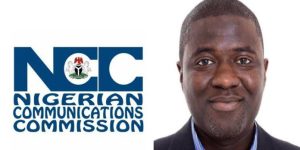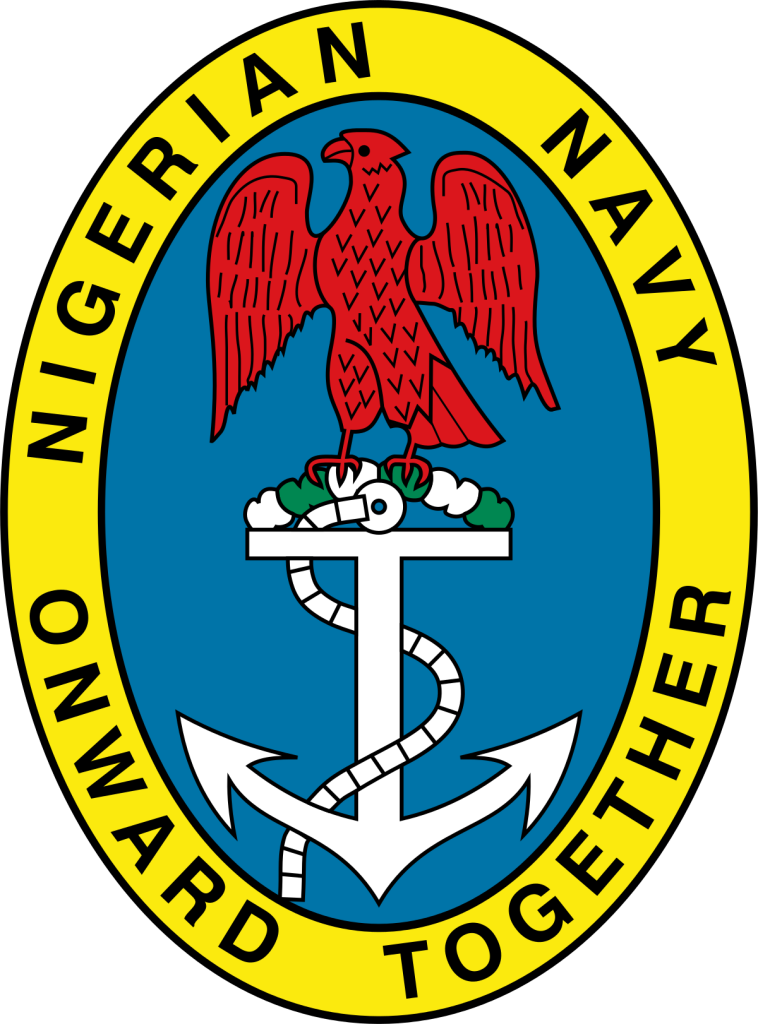
The Executive Vice Chairman of the Nigerian Communications Commission (NCC), Maida, has reiterated the NCC’s unwavering commitment to technology neutrality in regulating the telecommunications industry. This reaffirmation was made during a visit by a delegation from the United States Agency for International Development (USAID) Nigeria Power Sector Programme (NPSP) to the NCC’s Head Office in Abuja.
Read Also: Senate Approves Dr. Aminu Maida as NCC’s Executive Vice Chairman
The principle of technology neutrality allows service providers the freedom to choose any technology for efficient service deployment without facing obstacles or restrictions imposed by the regulatory body.
Maida emphasized that the NCC operates as a technology-neutral regulatory body, focusing on regulating competition rather than dictating specific technology solutions for licensees. He stated that the operators are at liberty to adopt any type of power technology they think is good and cost-effective to keep their operations at optimal performance.
Expressing openness to innovative ideas, Maida emphasized the NCC’s commitment to reducing operational costs for licensees while ensuring the delivery of enhanced services for the long-term sustainability of their businesses.
Read Also: NCC Highlights the Crucial Role of ICT in Combating Financial Crimes as Maida Joins Hall of Fame
The visit by the USAID NPSP delegation centered on discussions regarding telecom electrification through renewable energy, falling within the NCC’s regulatory jurisdiction. Tunde Gbajumo, Chief of Party for USAID NPSP, highlighted the team’s collaboration with key players in Nigeria’s power sector to promote the adoption of renewable energy, with a focus on supporting the digital economy.
Gbajumo shared insights from pilot studies conducted by the team, revealing challenges faced by tower companies (TowerCos) and Telecom Companies (Telcos) related to substantial expenses for diesel fuel. The USAID NPSP aims to collaborate with the NCC to build a green energy policy supporting TowerCos and Telcos in Nigeria, considering the rising electricity tariff and the increasing cost of diesel fuel.
The proposed collaboration aims to address obstacles hindering the adoption of renewable energy solutions, contributing to a sustainable and innovative approach to power supply in the telecommunications sector.
Read Also: NCC Recognizes Fintech Potential as MoniePoint Prioritizes Service Efficiency
Below is how we can help you promote your event, organization and products/services . This is the best you can get from this global platform of over decades experience.
PACKAGE:
First Leg: Full page Promotional package showcasing your Invitation Card, Banner/Flex, 3 different Photographs and brief of the coming event. Also your picture/Name will be the headline News in digivation blog(Pre-Event)
Second Leg: Full Page Promotional package of the event showcasing 5 different photographs plus short audio/visual clip of the event. Also org. picture/Name will be the headline news our blog(Post-Event).
Rate: N150,000 Only For Both Pre and Post Events. (Rate is only Applicable during the Promotional Period)
For further inquiries, contact the undersigned:
Hilary Damissah (Editor)
Mojisola Alabi ( business Development)
Email: digivationtv@gmail.com
Chief Imo Ukwa(Advert Consultant) 08063779938



